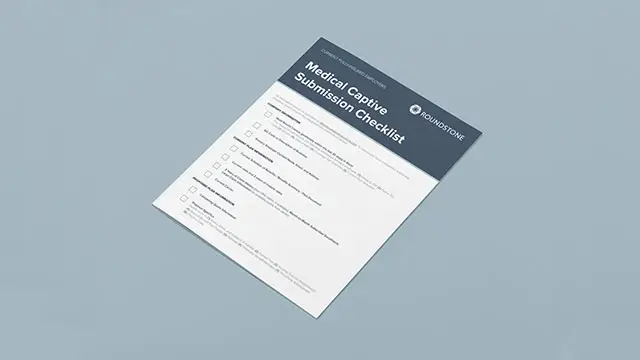October of 2017 Edition
The engines are running fast these days. Not to be confused with the hard running AC because of an unusual September heat wave hitting the Midwest, health care funding proposals are being emailed at a dizzying pace from Roundstone’s underwriters. Automation, experience and best in class effort is cranking out projections for thousands of employers’. Slowing down and staying focused on the long term impact of funding decisions being made by employers and their advisors is never so important as right now.
The fast pace of January one business season can create an environment ripe for bad decisions focused on the short term. Wanting to make obstacles or challenges go away fast without focus on their future impact leads to health care cost outcomes that are not desired or attractive. Whether it’s accepting a funding strategy that appears to be slightly lower in expected cost in exchange for abandoning any transparency, control or variable cost savings or allowing fixed costs to increase because one year’s experience delivered significant savings, employers and their advisors need to stick to their mission of keeping health care funding increases below inflation.
We see it every day, how a little bit of extra commitment in applying the power of effective claim adjudication and control over cost containment can return dramatic health care savings for years to come. We also see where the path of least resistance is setting the stage for double digit cost increases. The plan change that opens the door to runaway pricing outside any claim adjudicator’s review seems like a small concession at the time. It won’t be once the specialty pharmacy drug that should cost $24,000 turns into a $300,000 plus expense. Why does this happen? If we can use a baseball analogy, the employers and their advisors take their eye off the ball. All of us should never lose focus of our mission of limiting the increase of employers’ health care funding to a level less than inflation. If our eye remains on this objective, short term bad decisions that feel expedient will not be made even in this hectic busy 1/1 season.
Recognizing that Roundstone is asking employers and their advisors to think differently about their health care funding strategy, we are excited to see so many great decisions are being made for the long term future of employer and employee health care.
-Mike Schroeder










